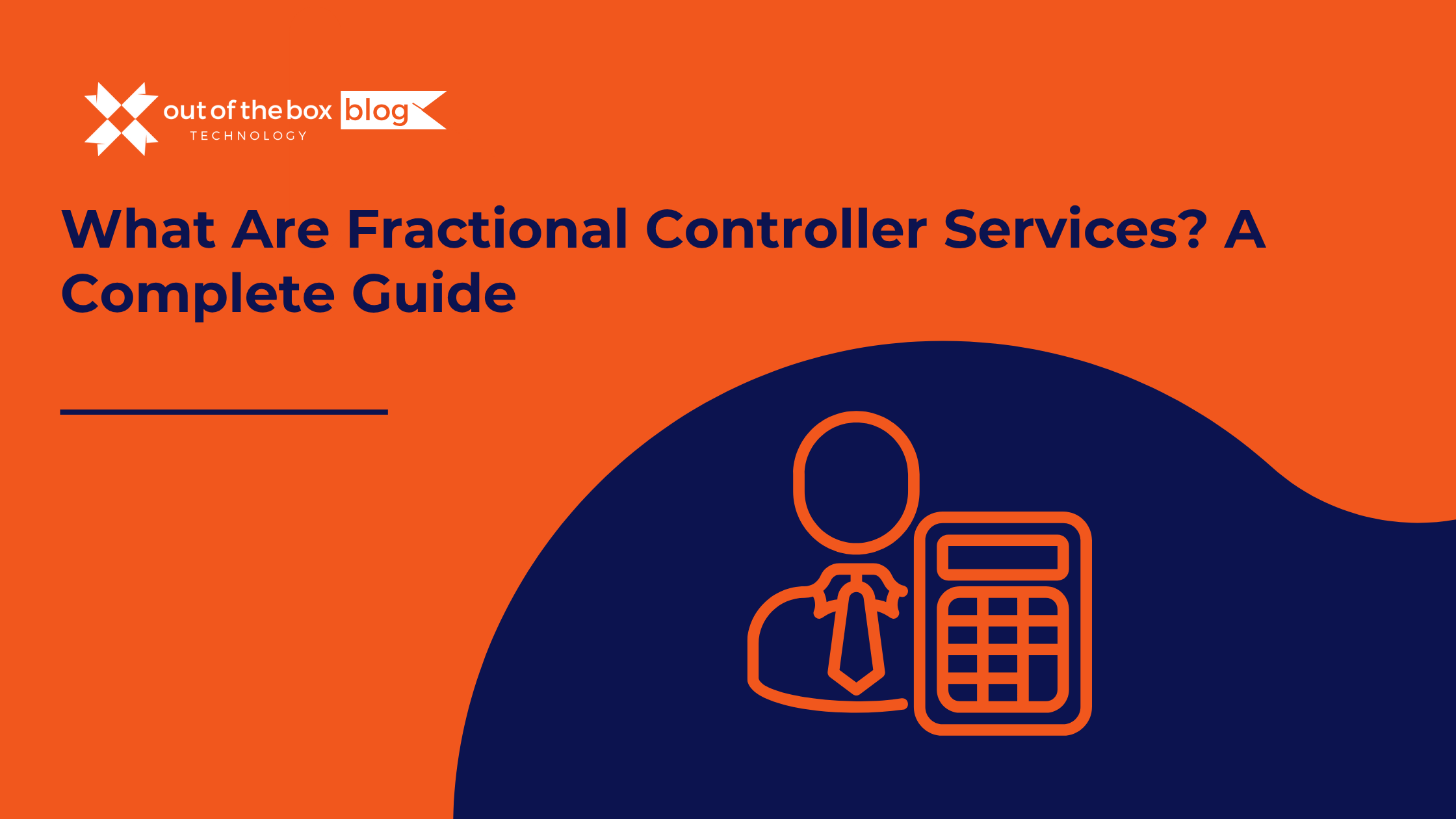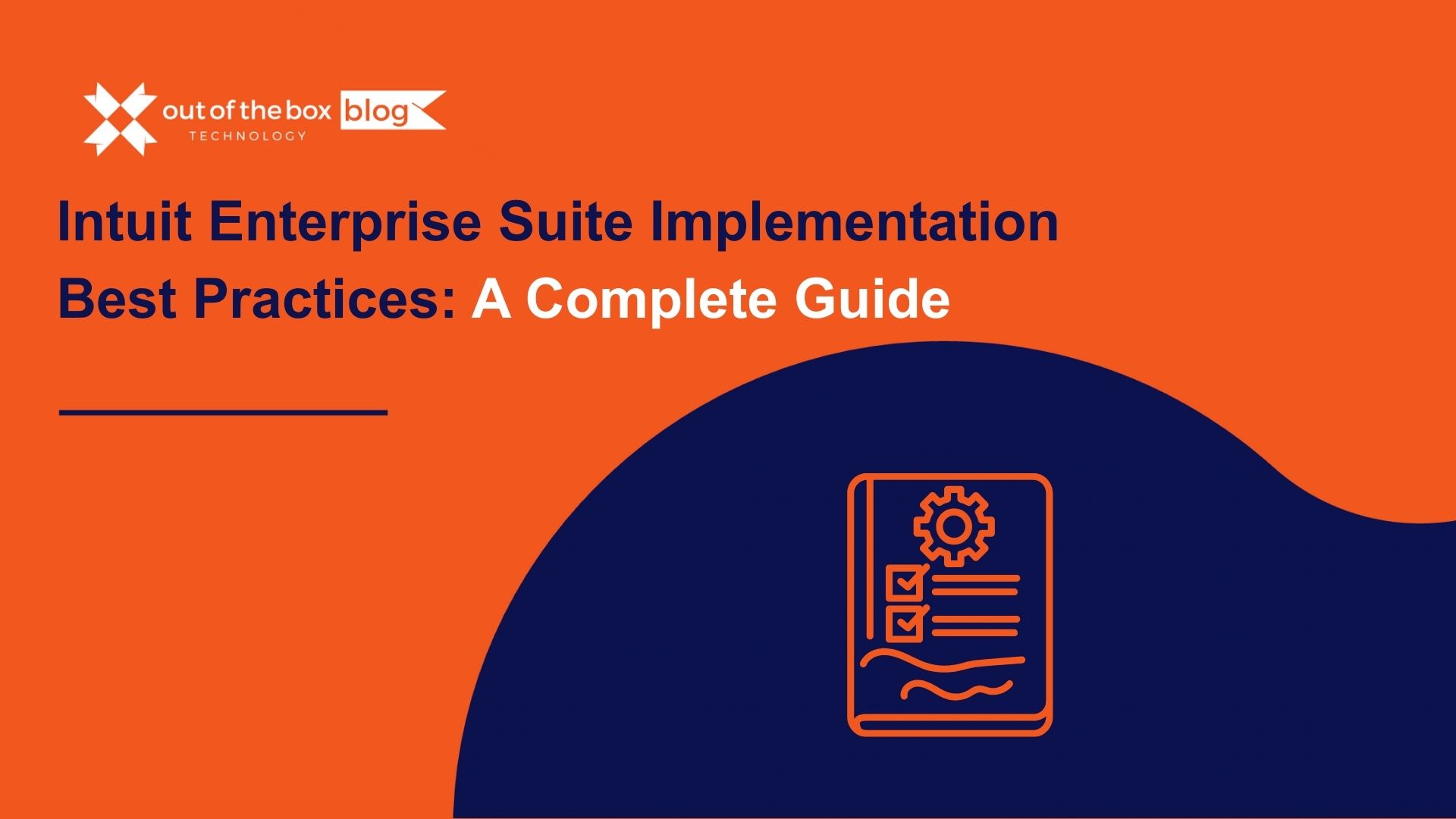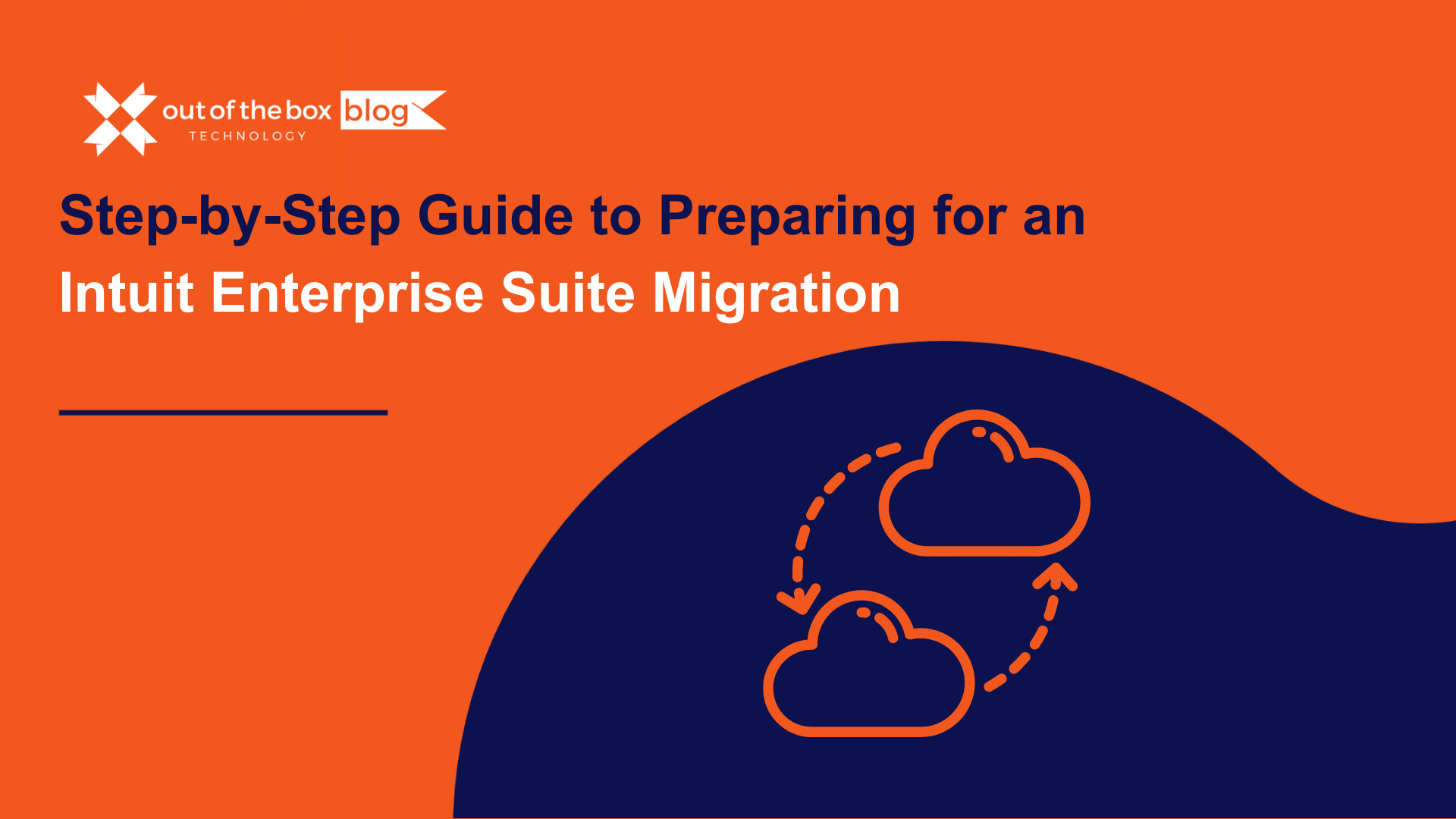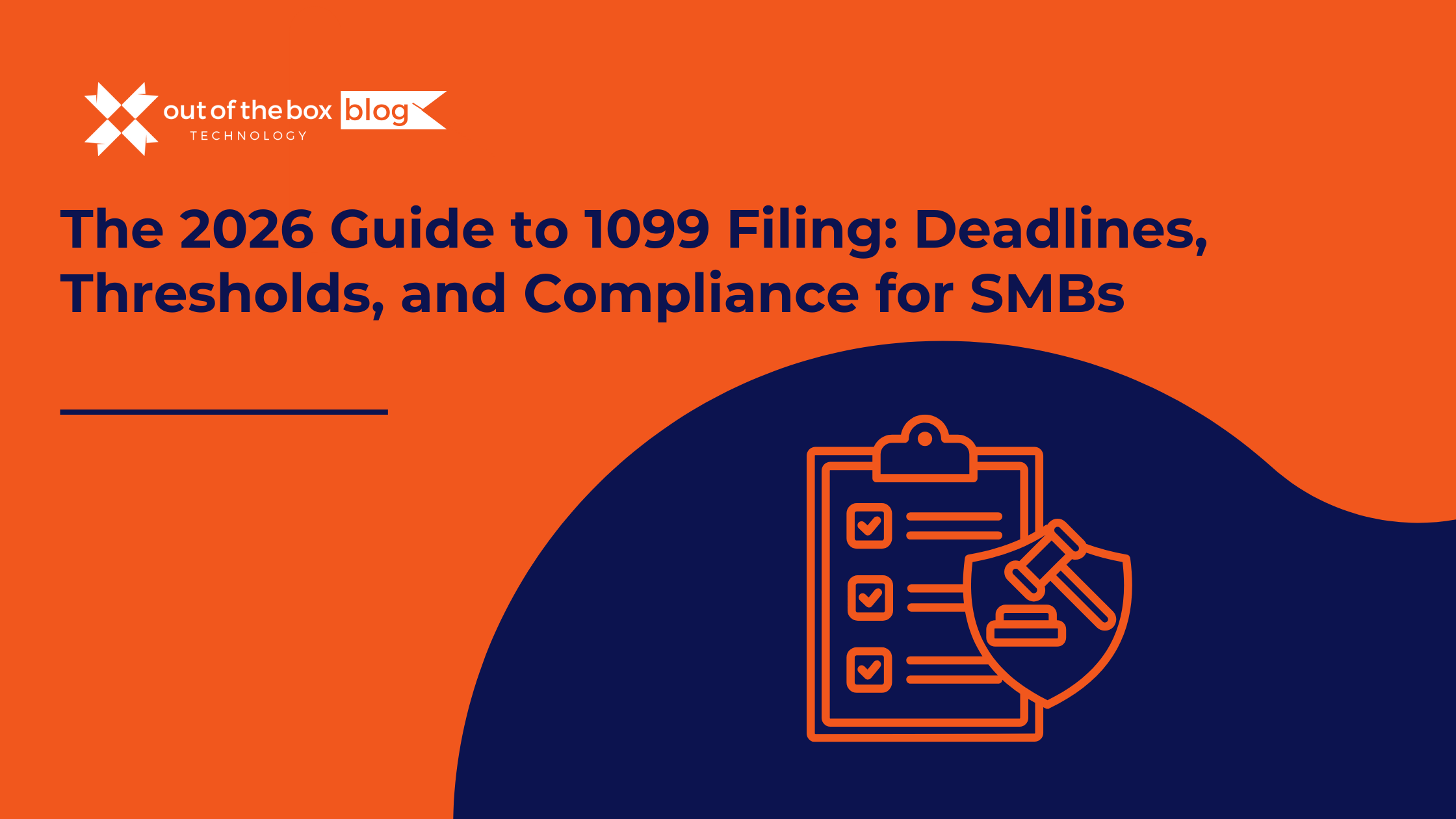Fractional controller services provide businesses with expert financial oversight and strategic guidance without the high cost of a full-time executive. This flexible model delivers critical functions like accurate financial reporting, cash flow management, and robust internal controls on a part-time basis. By leveraging an outsourced controller, companies can make data-driven decisions, improve profitability, and scale their operations with confidence.
The Strategic Advantage: How Fractional Controller Services Unlock Your Business’s True Potential
As a business owner, you’re an expert in your field. You know how to create your product, deliver your service, and connect with your customers. But as your company grows, a new and complex challenge emerges: managing the finances with the strategic foresight required for sustainable growth.
You’ve moved beyond basic bookkeeping, but the financial landscape is becoming foggy. You’re asking bigger questions: Are we truly profitable on that new service line? How can we improve our cash flow to seize new opportunities? Are our financial processes secure and ready for the next stage of growth?
If these questions keep you up at night, you’ve likely hit a critical inflection point. You need more than just a record of what happened; you need a financial expert who can tell you why it happened and guide you on what to do next. For a growing business, the answer isn’t always a six-figure, full-time hire. It’s the strategic, flexible, and powerful solution of a fractional controller.
What is a Fractional Controller? A Financial Quarterback on Your Team
A fractional controller is a seasoned, high-level accounting professional who provides financial oversight and guidance to your business on a part-time or “fractional” basis. Instead of hiring a full-time employee with the associated salary, benefits, and overhead, you get access to the same caliber of expertise for a fraction of the cost.
Think of them as your financial quarterback. They don’t just record the plays (like a bookkeeper); they analyze the field, manage the clock (your cash flow), ensure the rules are followed (compliance), and provide the critical data needed to call the next winning play.
This model is ideal for small and medium-sized businesses (SMBs) that have outgrown their bookkeeping capabilities but don’t yet need—or can’t afford—a full-time, in-house controller.
Clearing the Confusion: Bookkeeper vs. Controller vs. CFO
Understanding the financial hierarchy is crucial to identifying the right solution for your business. These roles are not interchangeable; they build upon one another.
- The Bookkeeper (The “What”): A bookkeeper is focused on the past. They are responsible for the essential, day-to-day recording of financial transactions. Their tasks include data entry, processing payroll, paying bills, and reconciling bank statements. They record what happened.
- The Controller (The “Why”): A controller is focused on the present and the immediate past. They take the data from the bookkeeper and ensure its accuracy and integrity. They are responsible for closing the books each month, preparing financial statements (like the P&L and Balance Sheet), managing cash flow, and implementing internal controls to safeguard company assets. They explain why it happened and ensure the data is reliable.
- The Chief Financial Officer (CFO) (The “What’s Next”): A CFO is focused on the future. They use the accurate financial data provided by the controller to drive long-term strategy. Their focus is on high-level financial planning, securing funding, managing relationships with banks and investors, analyzing market trends, and guiding the company toward its strategic financial goals. They advise on what to do next.
A fractional controller fills that critical gap between bookkeeping and high-level strategy, providing the structural integrity your financial operations need to support future growth.
10 Signs Your Business Needs a Fractional Controller
How do you know it’s time to make the move? If you find yourself nodding along to several of these points, it’s a strong indicator that you’re ready for the next level of financial management.
- Your Financial Reports Are Late or Unreliable: You wait weeks after the month ends for reports, and when they arrive, you don’t trust the numbers.
- You’re Constantly Surprised by Your Cash Flow: You have profitable months on paper but always seem to be scrambling for cash to make payroll or pay vendors.
- You’re Making Big Decisions Based on “Gut Feel”: You lack the hard data to confidently decide on pricing, hiring, or major investments.
- Your Bookkeeper is Overwhelmed: You’re asking your bookkeeper to perform tasks beyond their expertise, such as financial analysis or strategic planning.
- You Have No Formal Budget or Forecasting Process: You operate month-to-month without a clear financial roadmap or the ability to project future performance.
- You’re Worried About Fraud or Errors: You lack a system of checks and balances (internal controls) to protect your company’s assets.
- You’re Preparing for an Audit or Due Diligence: You need to present clean, audit-proof financials to lenders, investors, or potential buyers.
- Your Business is Growing Rapidly: Your financial systems and processes haven’t kept pace with your sales growth, leading to chaos and missed opportunities.
- You’re Spending Too Much Time on Finances: As the owner, your time is being diverted from sales, innovation, and leadership to oversee the books.
- You Can’t Afford a Full-Time Controller: You know you need the expertise, but the average salary for an experienced controller (often $120,000 – $200,000+ with benefits) is out of reach.
The Core Responsibilities: What Does a Fractional Controller Actually Do?
A fractional controller service, like the one offered by Out of the Box Technology, is not just about oversight; it’s about actively managing and improving your entire financial engine.
Key Responsibilities Include:
- Timely and Accurate Financial Reporting:
- Overseeing the month-end close process to ensure it’s completed quickly and correctly.
- Preparing a standard monthly reporting package, including the Income Statement (P&L), Balance Sheet, and Statement of Cash Flows.
- Creating custom reports and dashboards to track Key Performance Indicators (KPIs) that are specific to your industry and business goals.
- Robust Cash Flow Management and Forecasting:
- Building detailed cash flow projections to anticipate future needs and challenges.
- Managing the accounts receivable and accounts payable processes to optimize your cash conversion cycle.
- Providing strategic advice on managing working capital.
- Strategic Budgeting and Planning:
- Leading the annual budgeting process by collaborating with department heads.
- Performing variance analysis (budget vs. actual) to identify areas of over- or under-performance.
- Helping to align your financial plan with your strategic business objectives.
- Development of Internal Controls:
- Designing and implementing policies and procedures to prevent fraud and costly errors.
- Ensuring segregation of duties within the financial process.
- Safeguarding company assets and ensuring the reliability of financial data.
- Audit and Tax Readiness:
- Maintaining clean, audit-ready financial records throughout the year.
- Acting as the primary point of contact for external auditors.
- Working seamlessly with your CPA to ensure tax filings are accurate and timely.
- Technology and Systems Optimization:
- Evaluating your current accounting software and financial technology stack.
- Recommending and implementing tools to automate processes, improve efficiency, and provide better insights.
The Tangible Benefits: A Data-Driven Case for Outsourcing
Choosing a fractional controller is more than a convenience; it’s a strategic investment with a clear and measurable return.
1. Massive Cost Savings
Hiring a full-time controller is a significant financial commitment. According to industry data, the median salary for a financial controller can easily exceed $150,000, and once you add benefits, bonuses, payroll taxes, and recruiting costs, the total annual cost can approach $200,000 or more.
A fractional controller service provides the same level of expertise for a fraction of that cost. Businesses can save between 40% and 70% compared to a full-time hire, freeing up critical capital to reinvest in growth-driving activities like marketing, product development, or expanding the team.
2. Access to Elite Expertise and Experience
Fractional controllers are often “career controllers” who have worked across dozens of companies in various industries. You aren’t just hiring one person; you’re gaining access to a wealth of collective knowledge and best practices. They’ve seen what works and what doesn’t and can apply that broad experience to solve your specific challenges, whether you’re in manufacturing, professional services, or e-commerce.
3. Improved Decision-Making and Profitability
According to a study by SCORE, 40% of small business owners state that bookkeeping and taxes are the worst part of owning a business. This often leads to decisions based on incomplete or inaccurate data.
A fractional controller turns your financial data into actionable intelligence. With reliable reports and insightful analysis, you can:
- Identify your most (and least) profitable products or services.
- Understand your true job or project costs.
- Make informed decisions about pricing and resource allocation.
- Confidently plan for future investments and expansion.
4. Scalability and Flexibility
Your business needs are not static. During a busy season or a period of rapid growth, you might need more support. During quieter times, you may need less. The fractional model is inherently flexible. You can scale your service engagement up or down as your needs change, ensuring you’re only ever paying for what you need. This agility is a powerful competitive advantage that a fixed, full-time position cannot offer.
5. Enhanced Security and Risk Mitigation
Internal fraud is a serious threat, with small businesses being disproportionately affected. A fractional controller, as an objective third party, is perfectly positioned to design and implement strong internal controls. By establishing segregation of duties and other best practices, they significantly reduce the risk of both internal fraud and unintentional errors, protecting your assets and your reputation.
How to Choose the Right Fractional Controller Service
Not all providers are created equal. When evaluating a potential partner, look for these key attributes:
- Deep Industry Experience: Do they have experience in your specific industry? They’ll understand your unique challenges, metrics, and compliance needs.
- Technological Proficiency: Are they experts in your accounting software (like QuickBooks or NetSuite)? A top-tier service will not only use your tools but help you optimize them.
- A Collaborative Approach: Look for a partner, not just a service provider. They should be proactive, communicative, and invested in your success.
- Clear and Transparent Pricing: Understand how they structure their fees. Is it a fixed monthly retainer or an hourly rate? Ensure the model aligns with your budget and needs.
- Glowing Testimonials and Case Studies: Ask for references from businesses similar to yours. Proven success is the best indicator of future performance.
Frequently Asked Questions (FAQ)
Q1: At what revenue level should a business consider a fractional controller? There’s no magic number, as it’s more about complexity than revenue. However, many businesses start feeling the need between $2 million and $20 million in annual revenue. Below this, a skilled bookkeeper might suffice. Above this range, a full-time controller may become necessary. The key trigger is when the business owner can no longer effectively manage the financial oversight themselves.
Q2: Will a fractional controller work with my existing CPA? Absolutely. A key role of a fractional controller is to be a seamless liaison with your CPA. They ensure the books are clean and provide all necessary documentation, which can actually make your CPA’s job easier and potentially lower your tax preparation fees.
Q3: How much does a fractional controller service typically cost? Costs vary based on the scope of work, the complexity of your business, and the hours required. Engagements can range from $2,000 to $10,000+ per month. While this is a significant investment, it represents a substantial savings compared to the six-figure total cost of a full-time hire.
Q4: Is a fractional controller the same as a fractional CFO? No, they serve different functions. A fractional controller is focused on ensuring the accuracy of historical data, managing accounting operations, and maintaining internal controls. A fractional CFO is more forward-looking, focusing on high-level strategy, financing, and long-term planning. Many businesses hire a fractional controller first to build a solid financial foundation before bringing in a fractional CFO.
Q5: Our books are a mess. Can a fractional controller help with cleanup? Yes, this is a very common starting point. An experienced fractional controller service will often begin with a “cleanup and catch-up” project to organize and correct historical data before transitioning into a regular monthly rhythm of management and reporting.
Take the Next Step Towards Financial Clarity and Growth
You built your business with passion and expertise. Don’t let financial complexity become a barrier to its future. By moving beyond basic bookkeeping and embracing strategic financial management, you can unlock new levels of profitability, stability, and growth.
A fractional controller service gives you the power of a top-tier financial executive without the prohibitive cost, providing the clarity and confidence you need to lead your business into the future.
Ready to build a stronger financial foundation for your business? Contact Out of the Box Technology today for a free consultation and discover how our tailored fractional controller services can help you achieve your goals: START HERE




